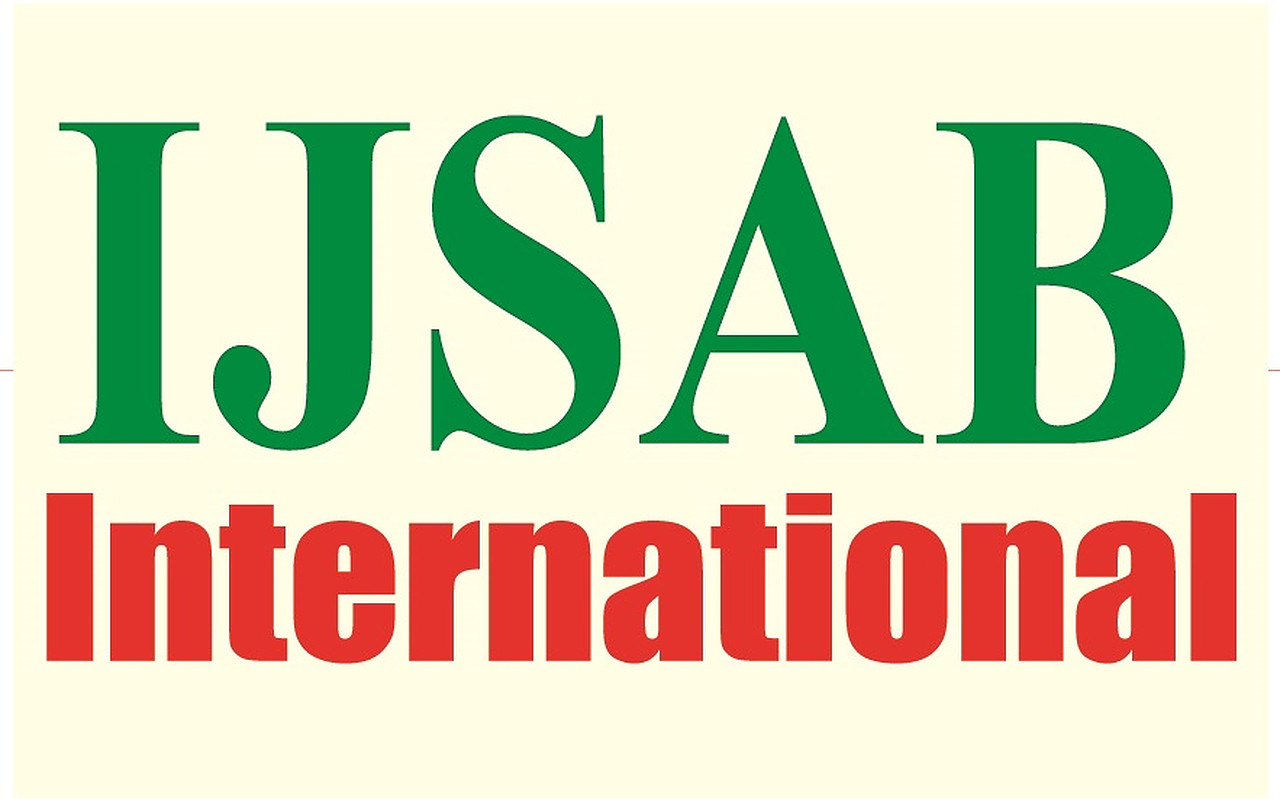
Plagiarism is the unethical act of using someone else’s ideas, words, processes, or results without giving credit to the original author and source. Self-plagiarism occurs when an author uses a substantial portion of his or her own previously published work without properly referencing it.This can mean anything from publishing the same manuscript in more than one journal to updating a manuscript that has already been published with new information.
Upon submission to IJSAB International, all manuscripts undergo a thorough plagiarism check using Turnitin software to ensure adherence to ethical publishing standards. If plagiarism is detected in the submitted content, the manuscript will be promptly returned to the author without proceeding further in the review process. IJSAB International maintains a zero-tolerance policy towards plagiarism, whether it involves using someone else’s ideas, words, or results without proper attribution or self-plagiarism by reusing significant portions of one’s own previously published work without acknowledgment. This rigorous approach aims to uphold academic integrity and ensure that only original and ethically sound research is considered for publication.
IJSAB International is categorically opposed to any form of unethical copying or plagiarism. Plagiarism is defined as when large portions of a manuscript are copied from previously published resources. Turnitin software is used to check for plagiarism on all manuscripts submitted for publication in a journal. Manuscripts that are found to be plagiarized during the initial stages of review are rejected and will not be considered for publication in the journal.
Plagiarism Types
Full plagiarism is defined as previously published content with no changes to the text, idea, or grammar. It entails reproducing exact text from a source as one’s own.
Partial plagiarism occurs when content is a mixture of multiple different sources and the author has extensively rewritten text.
Self-plagiarism occurs when an author repurposes all or a portion of their previously published research. When an author republishes previously published work in a new journal, they are committing complete self-plagiarism.
Plagiarism Policy and Action
The IJSAB International cares about its authors’ original work and wants to protect and promote it. Manuscripts containing plagiarized material violate quality, research, and innovation standards. Because of this, all authors who send articles to journals are expected to follow ethical rules and avoid any kind of plagiarism.
The permissible level of plagiarism is maximum 25%.
